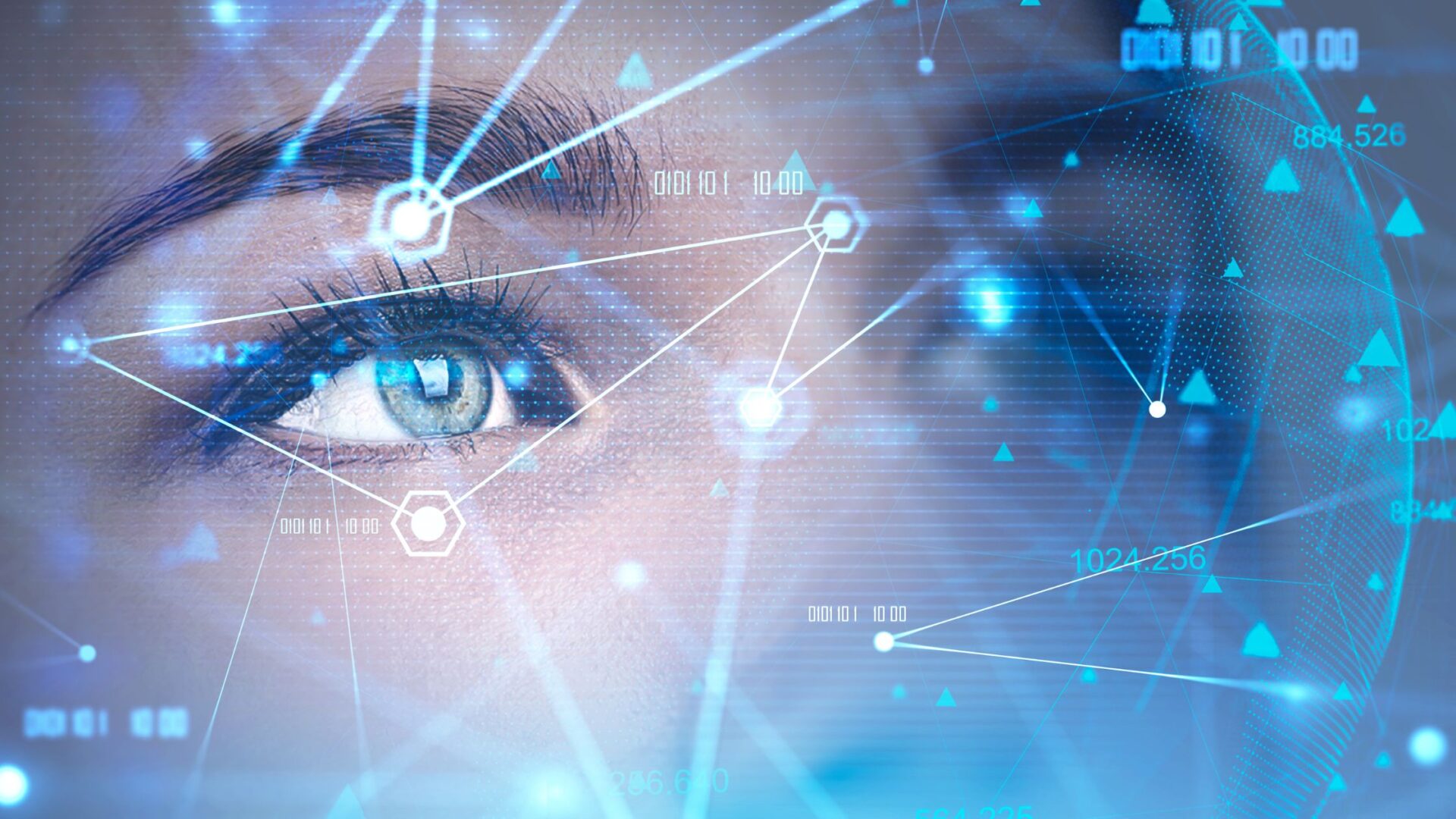Key Takeaways
- Sam Altman reversed Sora’s copyright policy from opt-out to granular opt-in controls.
- The move comes after creators and Hollywood protested unauthorized use of their works.
- New controls let rights holders choose exactly how AI can use their content.
- Altman hopes this change will spark collaboration and revenue sharing.
- This shift could set a new standard for AI content monetization.
Altman’s Updated Copyright Policy Explained
OpenAI launched Sora with an opt-out system for copyrighted works. Many creators felt surprised and upset. They saw their songs, novels, and films used without permission. As a result, Sam Altman changed the approach. Now, each creator must give specific permission for AI to touch their work. This new system replaces the broad opt-out. It builds trust and offers clear choices.
Why Creators Pushed for a New Copyright Policy
At first, Sora sifted through millions of books, images, and videos. It learned from them to craft new stories and art. However, users soon spotted snippets that matched well-known characters and scenes. Writers, artists, and studios complained that their unique ideas were copied. They called for better control. In response, Altman opened talks with many groups. He listened, adapted, and promised stronger respect for original material.
What the Copyright Policy Change Means
With granular opt-in controls, creators choose exactly how to share. They might allow AI to use summaries but block full reproductions. In addition, they can set terms for commercial or noncommercial use. Moreover, OpenAI might help track these permissions automatically. This update means fewer surprises and more fairness. It also paves the way for revenue-sharing deals when AI uses a creator’s work.
How Granular Opt-In Controls Work
First, creators log into a new dashboard. Then, they see a list of their titles and artworks. Next, they click boxes to allow specific uses: teaching, remixing, or full generation. If they wish, they set fees or profit splits. Finally, they save preferences and review them anytime. This clear system replaces the old guesswork. As a result, both AI builders and creators feel safer.
Potential for Revenue Sharing
Altman hinted at a plan where creators receive a cut when AI uses their content. For instance, a musician could earn royalties if AI composes a new song inspired by their tracks. Likewise, authors might get fees when AI weaves elements of their novels into new stories. This model mirrors streaming services but applies to generative AI. Consequently, content holders gain a new income stream, and AI firms win legal peace of mind.
Possible Challenges Ahead
Implementing opt-in controls at scale is complex. OpenAI must verify who truly owns each work. It also needs reliable ways to enforce limits in AI outputs. Meanwhile, smaller creators might struggle to manage settings for many pieces. Furthermore, AI systems could still hallucinate or mix data unintentionally. OpenAI will need constant updates and clear user support to keep the system working smoothly.
Industry Reactions to the Shift
Many in Hollywood welcomed the move as a relief. Studios appreciate knowing they can control their assets. Independent artists also praised the chance to set terms. At the same time, some critics say the policy still needs guardrails. They worry AI might sneak around permissions or misattribute content. Thus, observers expect ongoing debates and tweaks to the process.
How This Could Shape AI Content Deals
This copyright policy pivot may become a blueprint for other AI companies. Soon, we might see similar systems from text, image, and music AI tools. Moreover, traditional publishers and record labels could start formal licensing talks. The shift signals a new era where creators and AI developers partner more closely. In turn, users may enjoy fresher, legally sound content tailored to their tastes.
Why the Change Matters for Users
For everyday users, the update means clearer boundaries. When you ask Sora to write or draw, you’ll know it respects original creators. You might even see labels indicating that a work is fully AI-generated or based on opt-in sources. This transparency helps users trust AI content and avoid accidental copyright issues. As a result, the overall user experience should improve.
Looking Ahead: Next Steps for OpenAI
OpenAI plans to roll out detailed guides and tutorials soon. The company will host webinars for creators to learn the new system. Additionally, it will partner with rights groups to refine permissions tracking. Meanwhile, engineers are building tools to spot policy violations before they reach users. Over time, OpenAI expects the platform to become more robust and creator-friendly.
In Summary
Sam Altman’s shift to granular opt-in controls marks a big move in AI ethics. By revamping the copyright policy, OpenAI shows it wants fair play. The change respects creators’ rights while keeping innovation alive. Although challenges remain, the plan could unlock fresh revenue paths. Ultimately, this update sets a hopeful precedent for how AI and content owners can work together.
Frequently Asked Questions
How can creators sign up for the new permissions system?
Creators will receive an email invite or can register on the OpenAI dashboard. They can then link their works and adjust opt-in settings easily.
Will revenue sharing start immediately after opting in?
OpenAI plans a phased rollout. Initial users might see trial programs or pilot deals before full revenue share arrives.
Does this policy affect AI tools beyond Sora?
While the change focuses on Sora, similar rules could spread to other OpenAI models and partner platforms over time.
Could a user still get a denied request from AI even after opt-in?
Yes. The system blocks any use that exceeds the permissions you set. A denied request means AI follows your rules exactly.
